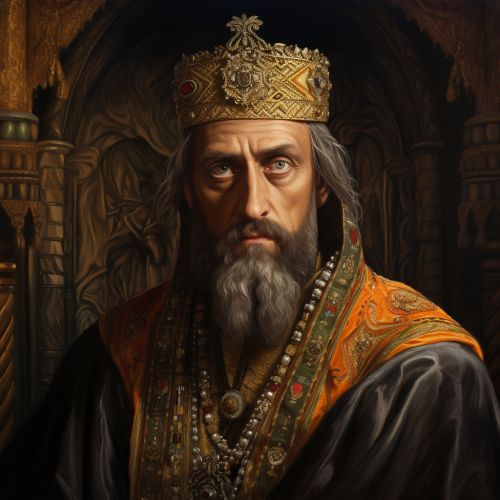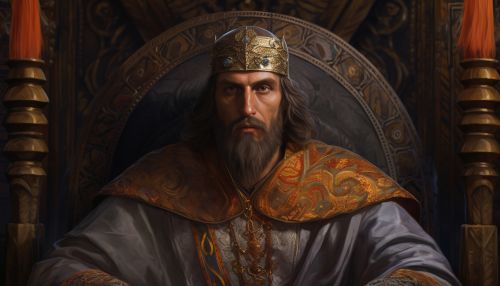Russian Empire
Origins
The Russian Empire's origins can be traced back to the 16th century, when the Tsardom was established under Ivan IV, also known as Ivan the Terrible. The Tsardom was a continuation of the Grand Duchy of Moscow, a principality that had been steadily expanding its territory since the 13th century. Ivan IV was the first ruler to be crowned as "Tsar of All the Russias", marking the beginning of the Russian state's transformation into an empire.


Expansion
The Russian Empire expanded significantly under the rule of Peter the Great in the late 17th and early 18th centuries. Peter's reign marked a period of modernization and westernization, during which he sought to transform Russia into a major European power. He moved the capital from Moscow to the newly built city of St. Petersburg, which became a symbol of Russia's western orientation. The empire continued to grow throughout the 18th and 19th centuries, incorporating territories in Eastern Europe, Central Asia, and the Far East.
Government and Administration
The Russian Empire was an autocracy, with the Tsar holding absolute power. The Tsar was advised by the Imperial Council, which included members of the nobility and high-ranking clergy. The empire was divided into guberniyas, or provinces, each governed by a governor appointed by the Tsar. The Russian Orthodox Church played a significant role in the empire's administration, wielding considerable influence over education and social policy.
Society and Culture
Russian society was highly stratified, with a small nobility ruling over a large serf population. The serfdom system, which tied peasants to the land and to their landlords, was a defining feature of the Russian Empire until its abolition in 1861. The empire was also characterized by its cultural diversity, with numerous ethnic and religious groups living within its borders.
Russian culture flourished during the empire's existence, with significant contributions to literature, music, and visual arts. The 19th century, in particular, was a golden age of Russian literature, with authors such as Tolstoy, Dostoevsky, and Chekhov producing their most renowned works.
Decline and Fall
The Russian Empire began to decline in the late 19th century, facing internal unrest and external pressures. The 1905 Revolution and the subsequent reforms failed to alleviate the social and political tensions. The situation worsened with Russia's involvement in World War I, which led to economic hardship and widespread dissatisfaction with the Tsarist regime.
The empire fell in 1917 during the February Revolution, which resulted in the abdication of Tsar Nicholas II. The subsequent October Revolution led to the establishment of the Soviet regime, marking the end of the Russian Empire.
